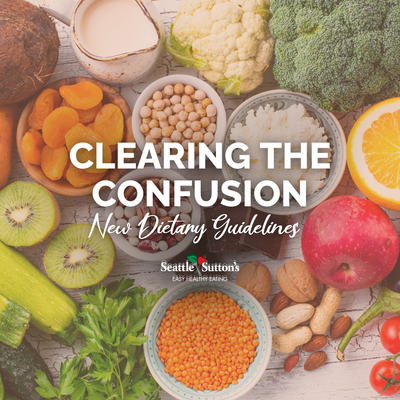It seems that many herbal supplements aren’t what they say they are. After an ongoing investigation into supplements by the New York Attorney General Eric Schneiderman, testing found that four major retailers (Target, Walmart, Walgreens and GNC) sold supplements that either couldn’t verify they contained the labeled ingredients or contained ingredients not listed on the label. What it was, was outright deception and fraud of labeling herbal products.
If you’ve read my blog posts or heard me talk, you know I am not pro-supplements, unless directed by your personal physician for a specific medical condition. I personally and professionally feel they are a waste of money!
Herbal supplements have been a thorn in my side for years. I have known, as many have, the Food and Drug Administration (FDA) does not oversee them.
So, people spend billions on them every year to solve all of their aliments. In fact, in 2013 Americans spent $6 billion on herbal supplements according to the American Botanical Council.
These ‘drugs’ have been linked to death and have sometimes created long-term damage to those who take them on a regular basis. So, why on Earth would anyone spend hard earned money on them? It’s simple, they think they are harmless and safe. Wrong…
Safety is unknown, as I said, the FDA does not oversee them. Therefore, as I’ve said for years, almost anything could be in them. Turns out, that’s the case!
During this recent investigation in New York, Echinacea labeled bottles contained none of it; St. John’s wort contained rice, garlic and tropical household plant but no herb! In four out of five bottles of the hundreds tested, none of the herbs were found in the bottles as labeled. Instead what was found were cheap fillers, such as wheat, rice, beans and houseplants.
This type of mislabeling and deception poses serious health risks. I’m sure this is not the last you’ve heard about it. With these shocking findings, there are bound to be more studies into herbal supplements. Who knows, maybe the FDA will step in and finally start to regulate this virtually wild west of products?
Start Your Healthy Journey Today!
Order NowFind More By Category







 Weight Loss
Weight Loss Health & Wellness
Health & Wellness Diabetes
Diabetes Heart Health
Heart Health Motherhood & Family
Motherhood & Family Dietary Restriction
Dietary Restriction Other Health Conditions
Other Health Conditions About SSHE
About SSHE


